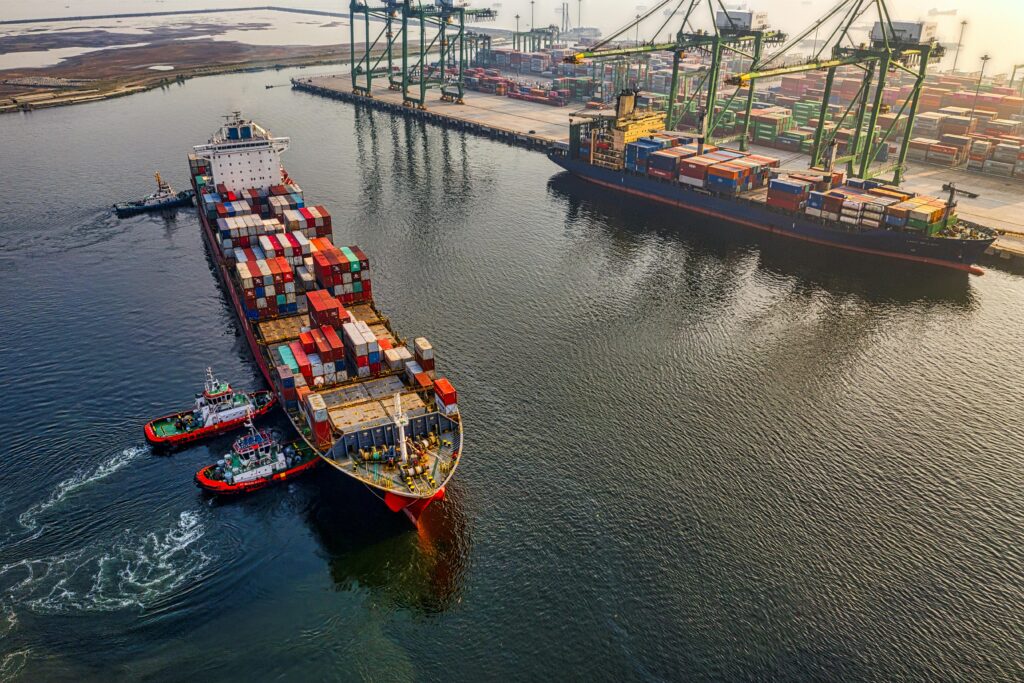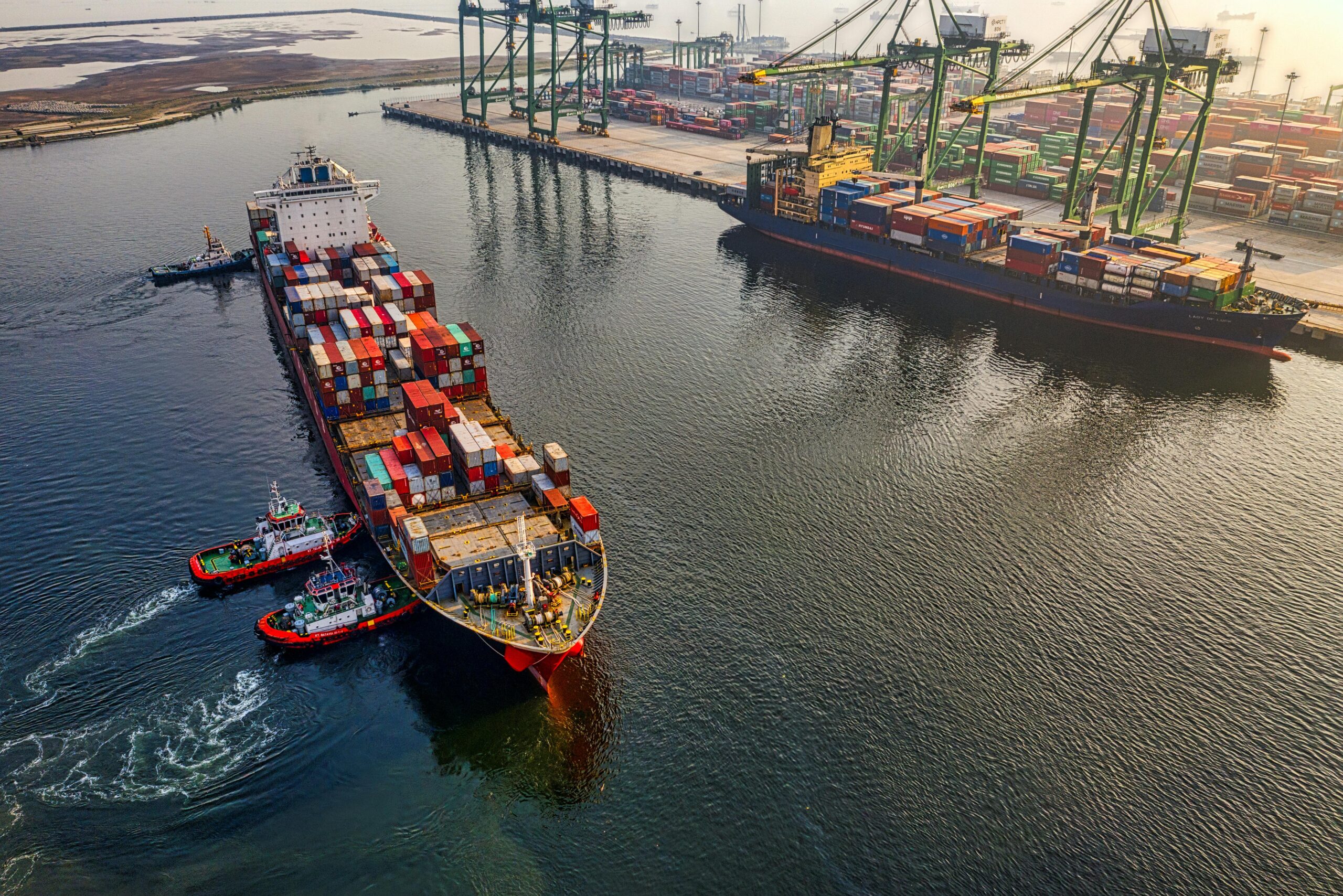Managing expenses within the logistics industry is a complex and multifaceted challenge, particularly in Nigeria, where economic and infrastructural hurdles further complicate financial management.
For finance professionals and decision-makers, navigating these challenges requires a deep understanding of the unique factors at play and the implementation of strategic solutions to optimize costs and maintain profitability.
Economic Volatility and Inflation
One of the primary challenges in managing logistics expenses in Nigeria is economic volatility. The Nigerian economy is subject to fluctuations in currency value, which can significantly impact the cost of imported goods, fuel, and other essential supplies. Inflation also plays a critical role, eroding purchasing power and increasing operational costs. For logistics companies, this means that budgeting and forecasting become particularly difficult, requiring constant adjustments and a robust financial strategy to mitigate these effects.
Solution: To combat economic volatility, companies should adopt a dynamic budgeting approach. This involves regularly updating budgets based on the latest economic data and forecasts. Additionally, hedging against currency fluctuations can help manage the impact of currency depreciation. Implementing a flexible pricing strategy that adjusts for inflation can also ensure that increased costs are passed on to customers when necessary.
Infrastructure Deficiencies
Nigeria’s infrastructure, including roads, ports, and railways, is often inadequate for efficient logistics operations. Poor road conditions lead to increased vehicle maintenance costs, frequent breakdowns, and delays. Ports are often congested, causing delays and additional demurrage charges. The lack of an efficient rail network forces reliance on road transport, which is more expensive and less reliable. Finance professionals must account for these additional costs and uncertainties when planning and managing expenses.
Solution: Logistics companies can mitigate the impact of poor infrastructure by optimizing route planning and using data analytics to identify the most efficient routes. Partnering with local governments and investing in infrastructure improvement projects can also be beneficial. Collaborating with other logistics providers to share infrastructure and resources can help reduce individual costs.
Fuel Costs and Availability
Fuel is a significant expense in the logistics industry, and in Nigeria, this cost is exacerbated by inconsistent fuel supply and fluctuating prices. The reliance on diesel for trucks and the irregular availability of fuel can cause operational delays and increased costs. Additionally, the logistics industry often faces challenges in obtaining fuel at regulated prices, leading to higher-than-expected expenses.
Solution: To manage fuel costs, logistics companies can invest in fuel-efficient vehicles and regularly maintain their fleet to ensure optimal performance. Implementing fuel management systems can help monitor fuel consumption and reduce wastage. Securing long-term contracts with fuel suppliers at fixed rates can also provide more predictable fuel costs.
Security Concerns
Security is another critical challenge impacting logistics costs in Nigeria. The risk of theft, hijacking, and vandalism not only leads to the loss of goods but also necessitates additional investment in security measures such as armed escorts, insurance, and tracking systems. These security measures are essential but add to the overall operational expenses.
Solution: Enhancing security measures is essential to protect assets. This includes investing in advanced tracking systems, employing security personnel, and using technology such as surveillance cameras and alarm systems. Establishing strong relationships with local law enforcement can also improve response times in case of security incidents. Regularly reviewing and updating security protocols can help stay ahead of potential threats.
Regulatory and Compliance Costs
Navigating the regulatory landscape in Nigeria is another significant challenge. Compliance with various regulations, such as customs duties, taxes, and licensing fees, can be complex and costly. Frequent changes in regulations and a lack of transparency can lead to unexpected expenses and delays.
Solution: Staying informed about regulatory changes is crucial. This can be achieved by subscribing to industry newsletters, attending seminars, and joining professional associations. Hiring or consulting with regulatory experts can ensure the company remains compliant with minimal disruptions. Implementing automated compliance management systems can streamline the process and reduce the risk of human error.
Technological Investment
Investing in technology can help mitigate some of the challenges faced by the logistics industry, but it also requires substantial capital investment. Technologies such as GPS tracking, automated warehousing systems, and logistics management software can improve efficiency and reduce costs in the long run. However, the initial outlay for these technologies can be high, and the return on investment may take time to materialize.
Solution: Companies should conduct thorough cost-benefit analyses to prioritize technological investments that offer the highest return. Leveraging cloud-based solutions can reduce upfront costs associated with hardware and software. Additionally, seeking grants, subsidies, or partnerships for technological advancements can help offset initial expenditures.
Human Resource Management
Finally, managing human resources is a crucial aspect of expense management in logistics. Recruiting and retaining skilled personnel, providing adequate training, and ensuring safety standards are met all contribute to operational costs. High turnover rates and the need for continuous training in new technologies add to these expenses.
Solution: Investing in employee training and development can reduce turnover and improve productivity. Offering competitive salaries and benefits, creating a positive work environment, and providing career advancement opportunities can help attract and retain skilled personnel. Implementing health and safety programs can reduce accidents and associated costs. Utilizing human resource management software can streamline HR processes and reduce administrative costs.
In Summary
Addressing the challenges of managing expenses within the logistics industry in Nigeria requires a comprehensive approach. By implementing these strategic solutions, logistics companies can better manage their expenses and maintain profitability in a challenging economic environment.
To solve the challenges of managing expenses in the logistics industry, full visibility into your organization’s expenses is a must. With Duplo’s Spend Management software, you stand a great chance of not just visualizing but efficiently managing and automating your expenses better. To get started with Duplo, click here.



